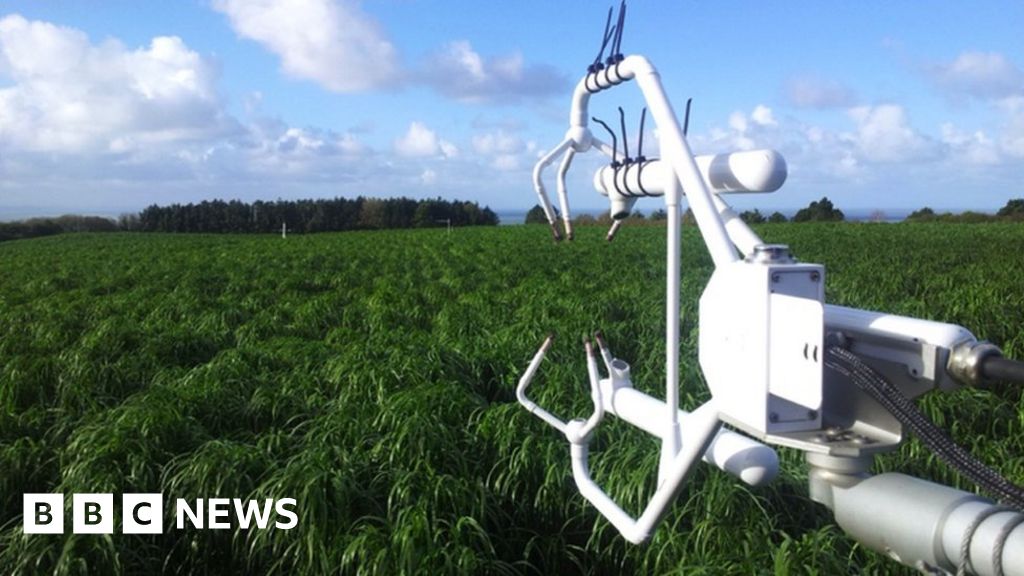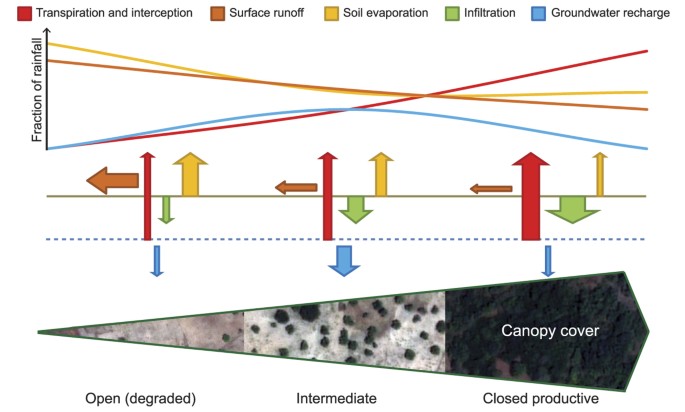The question has come out from a discussion I have had locally where STW need to "stockpile" water on the land, as they are taking so much out from local boreholes, that the water flow has dropped in a specific water course. The chap organising the scheme seems to be a bit focused on glorified reserves/reservoirs and hard landscape measures which will not succeed I reckon, without big funding.
One of the ideas that might have legs with landowners, is to create "buffer" strips or areas on land that drains into the watercourse that will retain rainfall and slowly release back. I suggested say, "within 500m of the watercourse", as a "Blue Sky thinking" suggestion, based I would add, on absolute zero research!
If something like this was to be a goer, then what is the best "crop" to plant. I assume PP would hit the mark, and maybe even trees? But I suspect neither will be popular, and trees/SRC is problematic as readers will be aware as the land is effectivel sterilised afterwards.
So what would build OM long term in the soil, but is still an "arable" cropping option? The comment about miscanthus made me wonder about this type of biomass, but leave it on the field to rapidly increase OM?
Ideas?
One of the ideas that might have legs with landowners, is to create "buffer" strips or areas on land that drains into the watercourse that will retain rainfall and slowly release back. I suggested say, "within 500m of the watercourse", as a "Blue Sky thinking" suggestion, based I would add, on absolute zero research!
If something like this was to be a goer, then what is the best "crop" to plant. I assume PP would hit the mark, and maybe even trees? But I suspect neither will be popular, and trees/SRC is problematic as readers will be aware as the land is effectivel sterilised afterwards.
So what would build OM long term in the soil, but is still an "arable" cropping option? The comment about miscanthus made me wonder about this type of biomass, but leave it on the field to rapidly increase OM?
Ideas?







